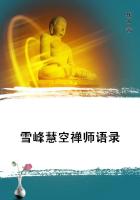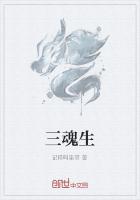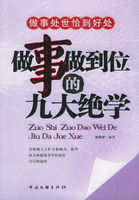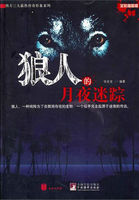But in commerce 100 such quarters would never have been worth more than 50. By changing the name we do not change the thing. The quantity of wheat, whither supplied or demanded, will be neither decreased nor increased by this mere change of name. Thus, the relation between supply and demand being just the same in spite of this change of name, the price of wheat will undergo no real change. When we speak of the supply and demand of things, we do not speak of the supply and demand of the name of things.
Philip I was not a maker of gold and silver, as M. Proudhon says; he was a maker of names for coins. Pass off your French cashmeres as Asiatic cashmeres, and you may deceive a buyer or two; but once the fraud becomes known, your so-called Asiatic cashmeres will drop to the price of French cashmeres.
When he put a false label on gold and silver, King Philip could deceive only so long as the fraud was not known. Like any other shopkeeper, he deceived his customers by a false description of his wares, which could not last for long. He was bound sooner or later to suffer the rigour of commercial laws. Is this what M. Proudhon wanted to prove? No. According to him, it is from the sovereign and not from commerce that money gets its value. And what has he really proved? That commerce is more sovereign than the sovereign. Let the sovereign decree that one mark shall in future be two marks, commerce will keep on saying that these two marks are worth no more than one mark was formerly.
But, for all that, the question of value determined by the quantity of labor has not been advanced a step. It still remains to be decided whether the value of these two marks (which have become what one mark was once)is determined by the cost of production or by the law of supply and demand.
M. Proudhon continues: "It should even be borne in mind that if, instead of debasing the currency, it had been in the king's power to double its bulk, the exchange value of gold and silver would immediately have dropped by half, always from reasons of proportion and equilibrium."[I 71]
If this opinion, which M. Proudhon shares with the other economists, is valid, it argues in favor of the latter's doctrine of supply and demand, and in no way in favor of M. Proudhon's proportionality. For, whatever the quantity of labor embodied in the doubled bulk of gold and silver, its value would have dropped by half, the demand having remained the same and the supply having doubled. Or can it be, by any chance, that the "law of proportionality" would have become confused this time with the so much disdained law of supply and demand? This true proportion of M. Proudhon's is indeed so elastic, is capable of so many variations, combination and permutations, that it might well coincide for once with the relation between supply and demand.
To make "every commodity acceptable in exchange, if not in practice then at least by right", on the basis of the role of gold and silver is, then, to misunderstand this role. Gold and silver are acceptable by right only because they are acceptable in practice; and they are acceptable in practice because the present organization of production needs a universal medium of exchange. Right is only the official recognition of fact.
We have seen that the example of money as an application of value which has attained constitution was chosen by M. Proudhon only to smuggle through his whole doctrine of exchangeability, that is to say, to prove that every commodity assessed by its cost of production must attain the status of money. All this would be very fine, were it not for the awkward fact that precisely gold and silver, as money, are of all commodities the only ones not determined by their cost of production; and this is so true that in circulation they can be replaced by paper. So long as there is a certain proportion observed between the requirements of circulation and the amount of money issued, be it paper, gold, platinum, or copper money, there can be no question of a proportion to be observed between the intrinsic value (cost of production) and the nominal value of money. Doubtless, in international trade, money is determined, like any other commodity, by labor time. But it is also true that gold and silver in international trade are means of exchange as products and not as money. In other words, they lose this characteristic of "stability and authenticity", of "sovereign consecration", which, for M. Proudhon, forms their specific characteristic.
Ricardo understood the truth so well that, after basing his whole system on value determined by labor time, and after saying:
"Gold and silver, like all other commodities, are valuable only in proportion to the quantity of labor necessary to produce them, and bring them to market", he adds, nevertheless, that the value of money is not determined by the labor time its substance embodies, but by the law of supply and demand only.
"Though it [paper money] has no intrinsic value, yet, by limiting its quantity, its value in exchange is as great as an equal denomination of coin, or of bullion in that coin. On the same principle, too, namely, by limitation of its quantity, a debased coin would circulate at the value it should bear, if it were of the legal weight and fineness, and not at the value of the quantity of metal which it actually contained. In the history of the British coinage, we find, accordingly, that the currency was never depreciated in the same proportion that it was debased; the reason of which was, that it never was increased in quantity, in proportion to its diminished intrinsic value."(Ricardo, loc. cit. [pp.206-07])
This is what J. B. Say observes on this passage of Ricardo's:
"This example should suffice, I think, to convince the author that the basis of all value is not the amount of labor needed to make a commodity, but the need felt for that commodity, balanced by its scarcity."[ The reference is to Say's note on the French edition of Ricardo's book, Vol.II, pp.206-07. ]














